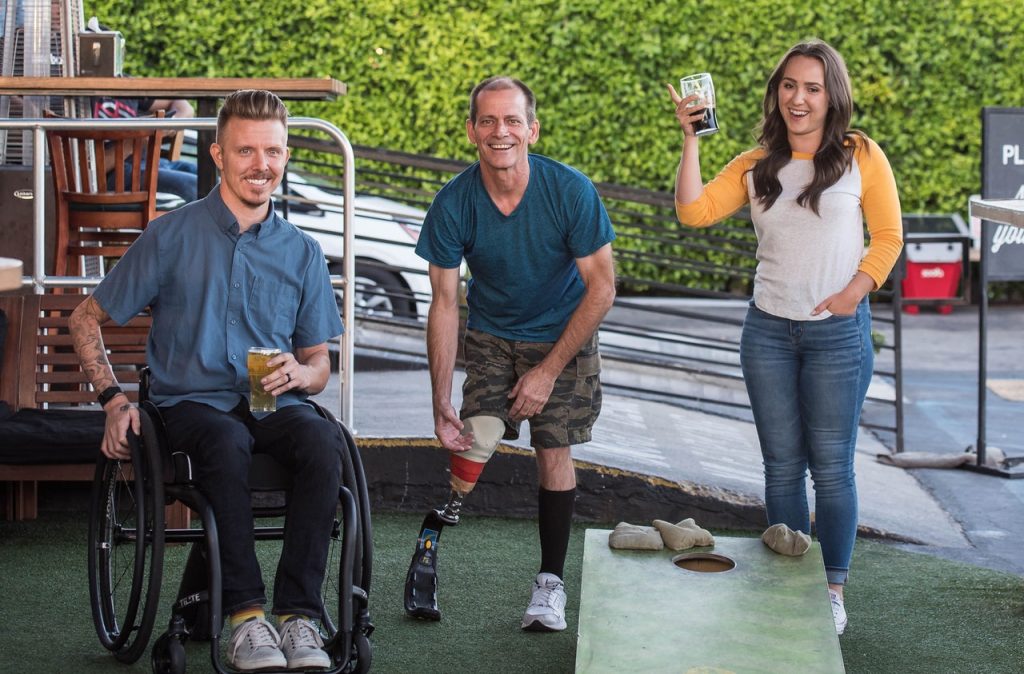As much as we may not like to think about it, we’re all going to get older. In fact, the U.S. Census Bureau estimates that there will be approximately 98.2 million Americans over the age of 65 by the year 2060 — more than one-fifth of the total projected U.S. population.
Although it can be hard to imagine a future so distant for many young adults, the reality of the situation remains the same; rather than deny and ignore this inevitability, it is best to face it head-on. Through preparation and education, you can guarantee that your life as an aging adult will be as healthy and enjoyable as your twenties and thirties are (or were). Let’s take a look at some of the ways you can do just that.
1. Stay active. As our bodies age, movement becomes difficult; our joints and muscles lose their flexibility and our ability to balance is compromised as a result of slowed motor responses. The combination of these changes increases our likelihood of falls and, therefore, injuries. One of the best things people can do as they grow older is to keep moving; yoga classes can be especially beneficial as they focus primarily on balance and strength.
2. Eat healthily. Most people, regardless of age, understand that what we eat affects how we feel. Since nutrient deficiencies are quite common among the elderly (often due to changes in the way their bodies digest their food), a healthy, balanced diet becomes even more important.
3. Supplement your diet. Many older adults are incapable of eating the way they did in their younger years, either as a result of digestive conditions, medications, or simple changes in their bodies. This often means they need to include vitamins and supplements in their day-to-day meals; collagen protein powder has risen in popularity due to its ability to promote elasticity in our joints and encourage the healthy growth of our hair, skin, cartilage, and bones.
4. Get enough sleep. It’s common knowledge that teenagers and young children need more sleep than adults, but most people believe that that number decreases as you age; that is simply untrue. Those over the age of 60 need the same amount of sleep as young adults — between seven and nine hours per night. In order to keep your body in tip-top shape, you must allow it to rest.
5. Consider the future. Even with the best preparation and care, people can still get sick. An estimated 38.5% of Americans will be diagnosed with cancer during their lifetime; not only does this debilitating illness place emotional strain on a family, but it can completely destroy one’s financial stability. In fact, individuals with cancer are 2.5 times more likely to file for bankruptcy than those without. Putting away money early can certainly help with such an awful situation, but awareness regarding your options can make a huge difference; companies like American Life Fund are designed specifically to help you cash in on your life insurance policy early to ensure you’re able to cover any medical bills or family vacations without slipping into financial purgatory (for more information, visit http://americanlifefund.com/).
The World Health Organization (WHO) defines “healthy aging” as a person’s ability to do the following: meet their basic needs; to learn, grow, and make decisions; to be mobile; to build and maintain relationships, and to contribute to society. As a younger individual, it can be difficult (and sometimes even impossible) to picture a life where we aren’t able to do those things; only by taking an active role in our lives — by putting the time and effort into committing to the above tips — can we make the seamless transition between who we are now and who we’re going to become in later years.


